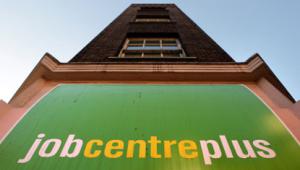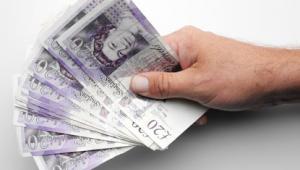The Consumer Prices Index measure has moved negative to -0.1%, primarily due to lower air and sea fares last month, as well as lower prices for clothing and footwear, and furniture and household equipment. This is a fall of 0.1 percentage points compared to the CPI figure in March.
However, both petrol and diesel motor fuels rose in price, according to the April figures.
CPI is calculated on a rolling monthly basis, using figures for the changes in prices across a basket of goods for the last 12 months. Today’s figure means that a basket of goods and services that cost £100 in April 2014 would have cost £99.90 in April this year.
Responding to the figures, Chancellor George Osborne said deflation would be only temporary, and had been driven by last year's fall in oil prices.
‘Of course, we have to remain vigilant to deflationary risks and our system is well equipped to deal with them should they arise,’ he added.
Nina Skero, an economist at the Centre for Economics and Business Research, said this bout of deflation could add as much as £40bn to consumer spending.
‘UK inflation has been below the Bank of England’s 2% central target since late 2013,’ she said.
‘While the prospect of deflation is often viewed as an economic threat as consumers may be tempted by falling prices to postpone purchases, in the UK the falling inflation has been welcomed.
‘CEBR expects inflation-adjusted earnings to rise by 2% this year. This will make 2015 the first year of positive annual real wage growth in the post-financial crisis period. As CEBR projected at the end of 2014, the net impact of deflation will be a positive one. This is especially true as the fall in prices is led by cheaper essentials such as food, utilities, and transport. Postponing purchases of these goods is unlikely, if not impossible.’
Ian Stewart, chief economist at Deloitte, agreed the move into deflation is likely to prove short-lived and positive for growth.
‘Falling prices raise consumer spending power and help keep interest rates low,’ he added.
‘This looks like the mild and benign variety of deflation which is good news for consumers and for growth.’




















